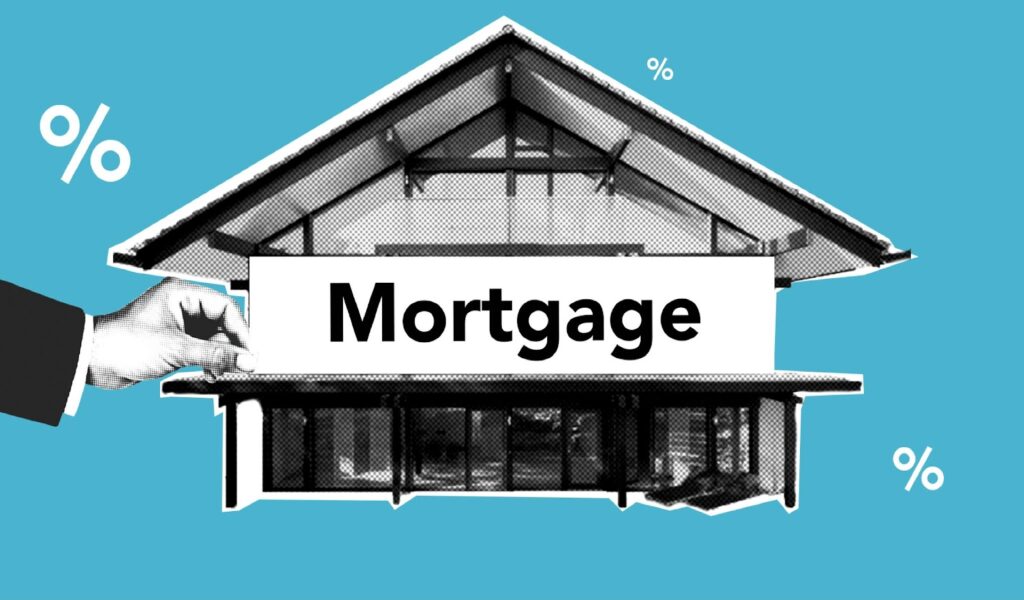
4 Top Tips To Get A Self-Employed Mortgage With Bad Credit
Sharing is caring!
Reading Time: 3 minutesGetting a mortgage when you're self-employed isn't always as easy or straightforward as it is when you're employed. It doesn't matter how long you have been trading or making a profit; lenders see this as a riskier option than your employed counterparts.
But when you add in all bad credit and poor financial decisions, the process becomes even more complex. Out of 4 million self-employed traders in the UK, figures suggest that around a quarter have poor or adverse credit, thanks in part to the Covid pandemic. This will impact many areas of your life and your business, not just the matter of obtaining a mortgage.
That being said, it's not entirely impossible to get a mortgage for self-employment with bad credit. You simply need to know your options and what you can do. These tips can help you boost your chances of obtaining a mortgage when you are self-employed and have a poor credit history.

Talk To A Broker
A mortgage broker can help you look at your options, influencing factors, and the types of mortgages available for a self-employed person with not-so-desirable credit scores. With their expertise in the sector, they can offer you a few options, such as thoroughly researching the current market on your behalf to find out what, if any, mortgage offers you might be able to apply for, the types of conditions applicable, where to make changes before putting an application in, what proof you need to support your application and how to improve your chances of being approved. Even if you're not in a place to go ahead now, they can help you get to a place where you will be in a stronger position.
Provide More Documentation
Self-employed persons need to provide at least the last three years worth of account or tax statement/self-assessment filings when applying for a mortgage. You will also need to provide a forecast for the future or prove you will still be turning a profit to repay your mortgage. Being able to offer more proof than you need and provide detailed analysis and forecasts can help support your mortgage application and prove to lenders that you deserve to be taken seriously when taking out a mortgage.
Get Your Ducks In A Row
Whether you talk to a mortgage broker or you go it alone, making the necessary fixes can help you improve your eligibility. These can include paying down your debt, correcting mistakes on your credit file, reducing your outgoings, or improving your business finances. It doesn't need to be perfect, but you do need to put yourself in the best position possible to help boost your chances of being accepted for a mortgage with more preferable rates.
Apply For One Mortgage At A Time
This should be common sense; however, sometimes, people make the mistake of applying for multiple mortgages to boost their chances of success. However, if you're not accepted, these applications will record a hard search on your credit score for other lenders to see. The more you are turned down, the less likely you'll get accepted.
Self-employed mortgages are possible for those with bad credit. While it's not initially as simple and straightforward as other mortgage applications, getting good advice and making an effort to improve your position can help you get the right deal and realise your homeowner dreams.
Most Popular Posts:
Sharing is caring!
PLEASE COMMENT BELOW